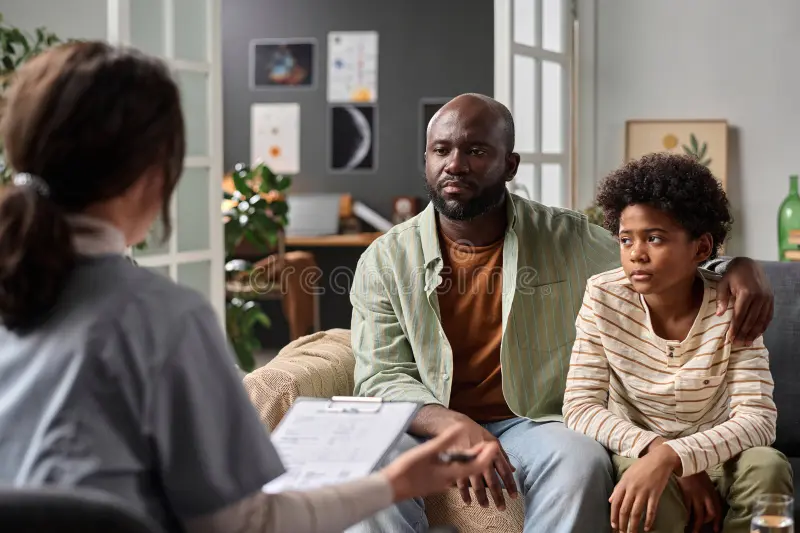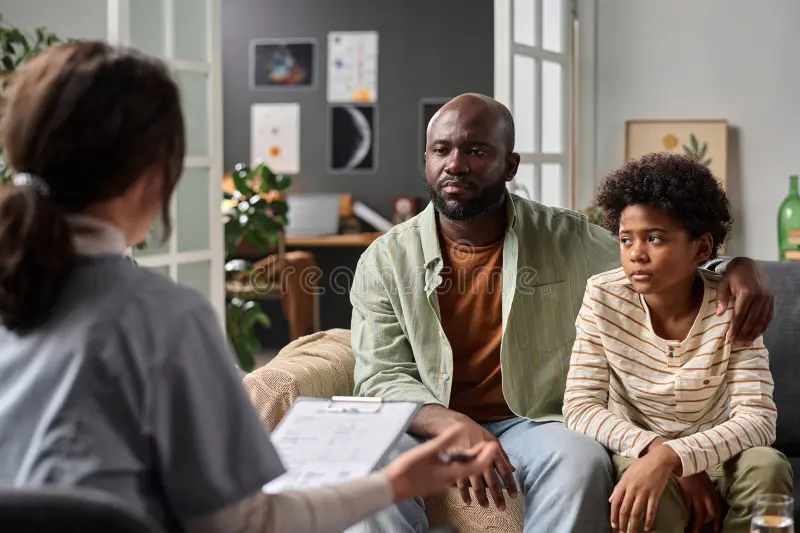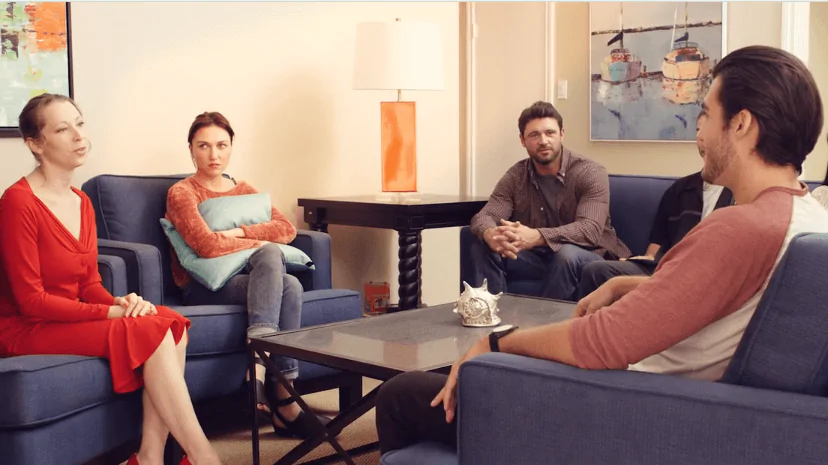24/7 Helpline:
(866) 899-111424/7 Helpline:
(866) 899-1114
Learn more about Bipolar Disorder Treatment centers in Miller County
Bipolar Disorder Treatment in Other Counties

South Arkansas Youth Services – SAYS
South Arkansas Youth Services – SAYS is a private rehab located in Texarkana, Arkansas. South Arkans...

Riverview Behavioral Health Hospital
Riverview Behavioral Health (RBH) is a dual diagnosis addiction treatment center in Texarkana, Arkan...

Southwest Arkansas River Ridge Treatment Center
Southwest Arkansas River Ridge Treatment Center is a private rehab located in Texarkana, Arkansas. S...

Arkansas Treatment Services
Arkansas Treatment Services is a drug and alcohol rehab in Texarkana, Arkansas. They provide outpati...

Southwest Arkansas Counseling and Mental Health Center
Southwest Arkansas Counseling and Mental Health Center is a drug and alcohol rehab in Texarkana, Ark...

Summerhill Counseling Center
Summerhill Counseling Center is a private rehab located in Texarkana, Texas. Summerhill Counseling C...




































Southwest Arkansas Counseling and Mental Health Center – North state Line Avenue
Southwest Arkansas Counseling and Mental Health Center offers inpatient treatment for individuals wi...

Preferred Family Healthcare
Preferred Family Healthcare - Jefferson Avenue offers outpatient services for individuals with a men...

Firelands Counseling and Recovery Services
Firelands Counseling and Recovery Services provides a full spectrum of mental health and substance a...

Hazel Street Recovery Center
Hazel Street Recovery Center is a private rehab located in Texarkana, Texas. Hazel Street Recovery C...



























































Other Insurance Options

United Health Care

Regence

Excellus

Health Net

Carleon

Meritain

Optima

Kaiser Permanente

Magellan

Evernorth

BlueCross

Aetna

Medical Mutual of Ohio

Amerigroup

Holman Group

Humana

GEHA

WellCare Health Plans

UnitedHealth Group

MVP Healthcare